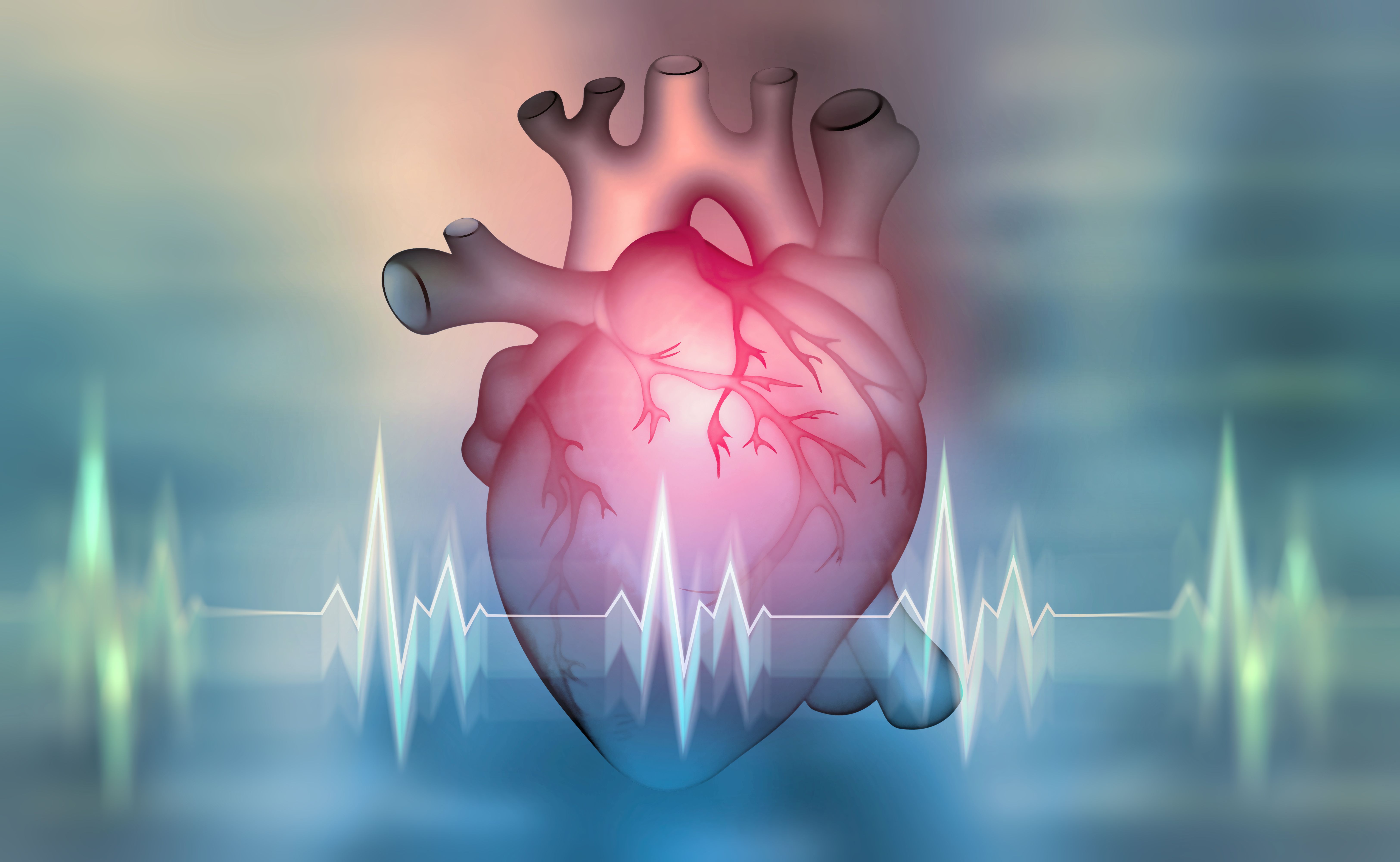Article
Heart Pump may Expand Treatment Options for Elderly with Heart Failure
Author(s):
Heart pumps may work just as well as heart transplants for older heart failure patients and complex cases, finds a study presented at the ISHLT annual meeting.
(©Siarhei, AdobeStock.com)

For older heart failure patients or patients with comorbidities, a heart pump is often used for long-term or permanent treatment in place of a heart transplant. A study presented at the International Society for Heart and Lung Transplantation held in Orlando last week shows that heart pumps may work just as well as a heart transplant in these patients.
“These findings are significant because we now know that older patients can take full advantage of a growing treatment for heart failure. It’s exciting to know that this population won’t be deprived of the benefits of this successful treatment,” said the study’s lead author Daniel Goldstein, M.D., in a press release.
Many older patients are medically frail and not eligible for heart transplant, which can increase the risk for adverse events such as clotting, stroke and bleeding.
Dr. Goldstein, of Montefiore Medical Center, Bronx, New York, conducted a randomized controlled trial (MOMENTUM3) of two left ventricular assist devices in patients with advanced heart failure: HeartMate 3 (HM3) and HeartMate II (HMII). HM3 is a newer version of HMII and has received CE marking in the European Union as well as FDA approval for short-term (bridge-to-transplant) and long-term (destination therapy) therapy.
The study included 1,028 patients with advanced heart failure who were randomized to HM3 or HMII regardless of whether the pump was to be used as bridge-to-transplant or as destination (long-term) therapy.
Results showed 76.9 percent in the HM3 group compared to 64.5 percent in the HMII group met the primary endpoint, or survival at two years free of disabling stroke or reoperation to replace the pump. The HM3 group also had lower rates of stroke of any severity, as well as lower rates of major bleeding, including gastrointestinal bleeding.
Patients who used the pump as destination therapy had an overall survival of 77 percent at two years. During that time, for every 100 patients in the destination therapy category, implantation of HM3 prevented 110 hemocompatibility related adverse events, such as pump thrombosis, stroke or bleeding.
That represents a “large benefit,” according to Mandeep Mehra, M.D., Harvard Medical School, and author of a related study published in March in the New England Journal of Medicine.
The findings suggest that the categories of bridge-to-transplant and destination therapy are fluid. Only about 50 percent of patients who used the HM3 as bridge-to-transplant actually received a transplant over two years. On the other hand, 13.5 percennt of patients who were considered ineligible for transplant and used HM3 for destination therapy actually went on to transplant. That suggests that some patients improved so much on HM3 that they were able to move into the transplant category. Thirty-five percent of patients who were in a gray zone categorized as “bridge to candidacy,” were able to receive a transplant.
The researchers suggest that the labels for LVADs may need to be abandoned.
“The labels are arbitrary and, in fact, may impact a patient’s treatment plan. We need to abolish them from consideration,” Dr. Goldstein said in the press release.
REFERENCES
Goldstein D, MR Mehra, MOMENTUM 3 Investigators. 1 - Clinical Outcomes by Intended Goal of Therapy in the MOMENTUM 3 Clinical Trial: Final Analysis of the 1028 Patient Full Cohort. Session PLENARY 1 – Opening Plenary Session. Presented on April 4 2019 at the 39th Annual Meeting and Scientific Sessions of The International Society for Heart & Lung Transplantation. Orlando, Florida. April 3-6.
Mehra MR, Uriel N, Naka Y, et al. A Fully Magnetically Levitated Left Ventricular Assist Device - Final Report. N Engl J Med. 2019 Mar 17. doi: 10.1056/NEJMoa1900486.





